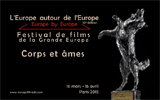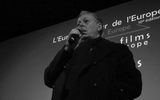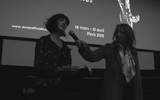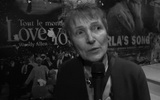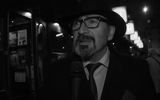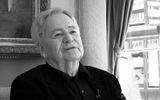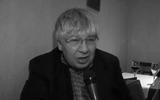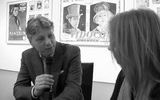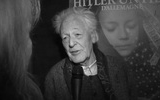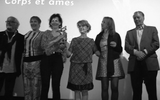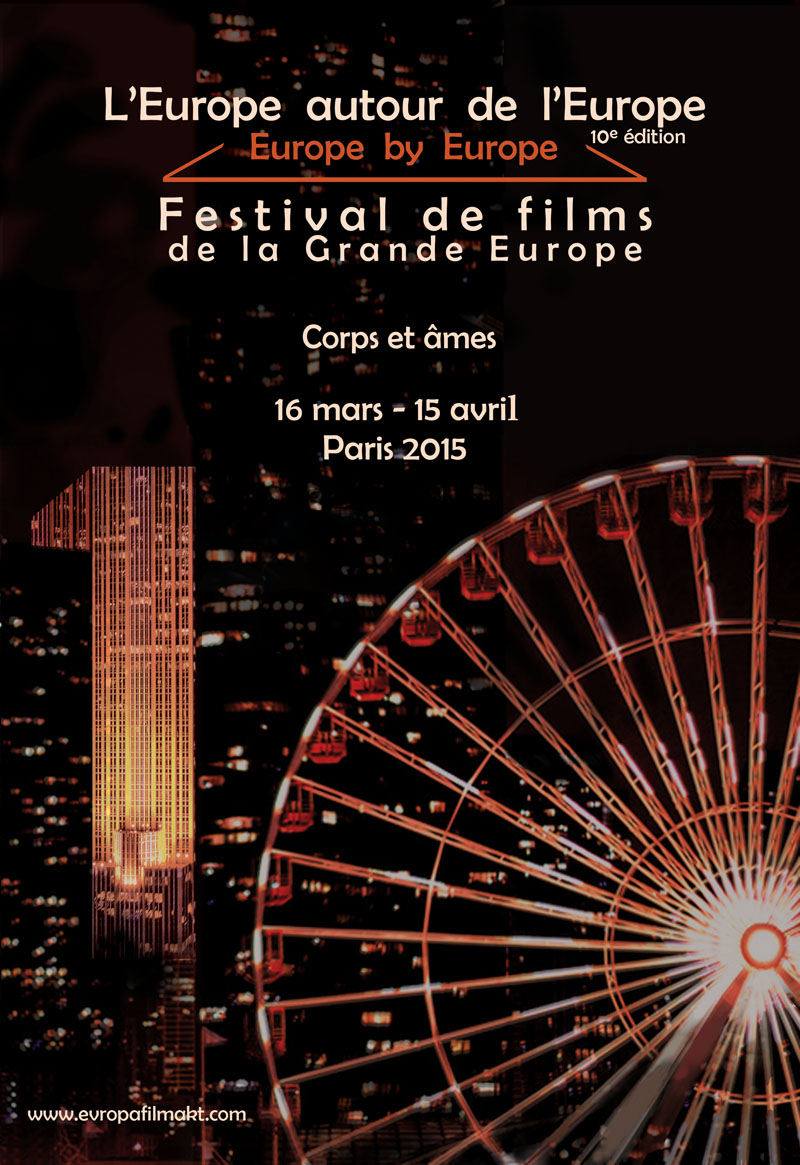“Nothing is so dangerous in diplomacy as loose talk about peace!
Every time the demand for peace has reached a certain pitch and was no longer to be contained, it’s led straight to war!”
Robert Musil, The Man Without Qualities, 1933
Dear friends, spectators and partners,
This is the 10th edition of the festival Europe by Europe (L’Europe autour de l’Europe). The festival began in 2006, in Normandy, as a screening of 12 films. It was born out of a passion for cinema and the desire to bring peripheral Europe – the Europe “by” Europe, that Central European countries tend to disregard – closer to official Europe.
I believe the audacity to launch the festival came to me from my admiration for the work and personality of Henri Langlois, after I read his words “Show the whole world the wonderful films that no one has ever seen”. At first, the festival was basically a family initiative, supported by the volunteer work of some friends, film directors, and linguists, and the first important financial support of the General Committee of the Eure and Upper Normandy Regions. Michel Ciment opened the first edition. He presented Aleksandar Petrović’s Three in the Zénith à Evreux movie theater. A friend, Jacques Fonteney, the costume designer of Barbarella, came to the screening. Our beginnings were romantic and “artisanale”, as one rightly says in French to describe the things that are made with love for one’s work and, of course, with certain know-how. May this continue today and may we maintain the same emotions.
Ten years later the festival is presenting 135 films in 20 theaters and other exceptional venues in Paris, Île de France, and Normandy. We are very pleased to announce the presence of Vicente Aranda, Kine Aune, Peter Fleischmann, Agnieszka Holland, Károly Makk, Hans-Jürgen Syberberg, István Szabó, Krzysztof Zanussi. THEMA, Body and Soul (Corps et âmes), the Eros and History sections include works of these great directors.
The 2015 festival edition pays tribute to Austrian cinema. It is well deserved! Since the beginning of the last century, cinema has been alive in Vienna. At first, with the first erotic and propaganda films. Hans Karl Breslauer’s City Without Jews, is an overwhelming satire. Then came the Expressionist cinema of Robert Wiene and Michael Curtiz…not to mention those who created Hollywood. Today we recognize the courage, talent, and virtue of the masterpieces of Michael Glawogger, who tragically died in 2014 while shooting a documentary in Africa. Like no one else, he confronted the agonies of the developing countries, the questions raised by globalization, and the struggle of human beings for material and spiritual survival.
The newly restored version of Serguei Parajanov’s Sayat Nova (The Color of the Pomegranate) will open the festival, and announce our collaboration with the Golden Apricot Yerevan International Film Festival that will present the Harutyan Khachatryan retrospective and engage us in commemorating the tragic events in Armenia in 1915.
The competition section for The Prix Sauvage (the Dancing Wolf) and the Prix Luna will present 9 films that have not been distributed in France by directors coming from Germany, Armenia, Austria, Belgium, Norway, Switzerland, Turkey and Ukraine.
In the Present Section, Danish directors uninhibitedly observe, comment and interpret the world. They have become indispensable. The Wolf Pack (La Meute) section presents films by young directors who have a radical approach to filmmaking.
Patrick Morell’s Inuit Lands, the Melting Point, a tribute to the work of Jean Malaurie on the people of the arctic, opens the Wild Life (Vie Sauvage) Section.
Rereading the catalogue, I realize that these magnificent films are beautiful and desperate cries against war. And I remember that a war is taking place in Europe today, right now. And elsewhere too. How can it be possible? What have we learned?
Enjoy the festival, films, and encounters,
Irena Bilic
Founder and General Director
In the early 1900s (1908-1909), only four European countries regularly produced films: France, Italy, Germany, and England. 47 European countries (Council of Europe) produced films in 2014. They are all welcome to the festival L’Europe Autour de l’Europe.





